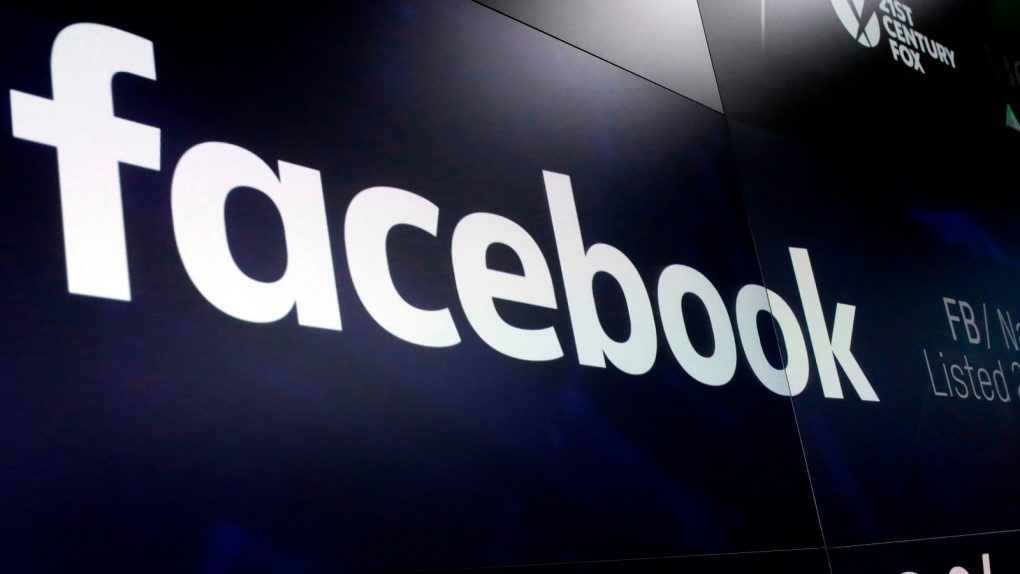With Facebook making more of a concerted effort to ensure that its massive platform isn’t being used to spread lies and inflammatory disinformation, the social networking giant today revealed that it recently kicked off a network of fake profiles and group pages designed to just that. According to a blog post on the matter, Facebook said that the profiles in question can be traced back to groups located in both Iran and Russia.
All told, Facebook removed more than 100 profiles, about 23 pages, and upwards of 20 Instagram accounts for spreading a multitude of false stories across a variety of issues, including the conflict in the Middle East, U.S. relations with Iran, the Black Lives Matter movement, U.S. political figures, and more.
Speaking to the impact these fake profiles and pages can have, Facebook notes that at least 13,500 real people followed one of the recently discovered page accounts. What’s more, Facebook found that at least 60,000 people followed one of the since-removed Instagram accounts.
Citing just one example, one Facebook page which is believed to have originated in Iran posted a false news story detailing how the United States was illegally conducting spying missions in Venezuela and that “radar had detected at least 54 incursions of US spy planes during this month.”
Facebook’s post on the matter reads in part:
Today, we removed four separate networks of accounts, Pages and Groups for engaging in coordinated inauthentic behavior on Facebook and Instagram. Three of them originated in Iran and one in Russia, and they targeted a number of different regions of the world: the US, North Africa and Latin America. All of these operations created networks of accounts to mislead others about who they were and what they were doing. We have shared information about our findings with law enforcement, policymakers and industry partners.
Speaking of false information, Facebook CEO Mark Zuckerberg last week raised a few eyebrows while defending his company’s decision not to ban political ads with objectively false information.
“And while I certainly worry about an erosion of truth,” Zuckerberg explained, “I don’t think most people want to live in a world where you can only post things that tech companies judged to be 100 percent true. Banning political ads favors incumbents and whoever the media chooses to cover.”








